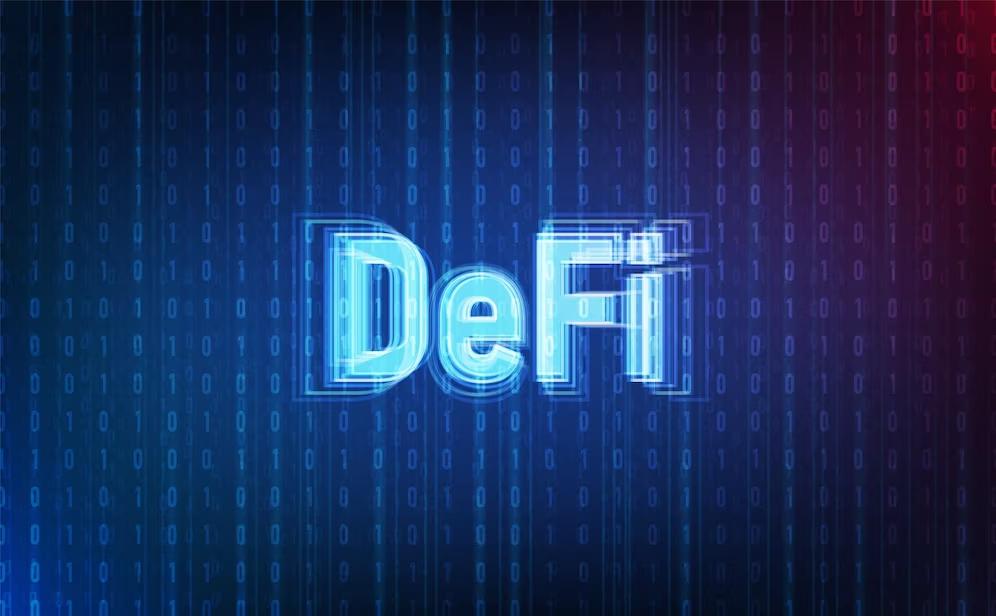DeFi is the new wave of financial technology that allows users to access decentralized financial services and protocols. You can buy and sell cryptocurrencies securely, borrow, lend, and access various investment opportunities. DeFi stands for "decentralized finance". It refers to blockchain-based applications that perform types of financial transactions with banks and brokerages. This technology eliminates the middleman. It offers users potentially more control, flexibility, fast transactions, low costs. It has many advantages over traditional financial systems. We can list these advantages as follows;
Decentralized finance (DeFi) is an emerging financial system within Web3 that provides new forms of value and utility not found in traditional financial systems. The main difference between Web3 and DeFi is that DeFi is built on existing smart contract platforms such as Ethereum, Avalanche, etc. Web3 is designed within the context of the internet.
Also Read: Apple Releases iOS 16.3.1 Update for All Users
How does DeFi Work?

DeFi applications are written using smart contract technology. These apps support peer-to-peer transactions, eliminating the role of banks and other financial authorities. DeFi apps include a wide range of financial instruments and services. These include loans-interest deposits, savings-investments, tokenized assets-digital currencies. DeFi applications mostly run on blockchain networks such as Ethereum.
Here's how DeFi applications typically work: Users create a wallet on the DeFi platform, through which they store their funds on the blockchain. Users can then invest these funds in specific financial instruments in DeFi apps or take out loans. Transactions are executed automatically using smart contract technology. They are not supervised by any central authority.
DeFi is an important step in the transition to decentralized financial systems. It allows financial transactions to take place in a transparent, fair manner. The security and resilience of DeFi applications have not yet been fully tested. Some DeFi projects have been hacked due to security vulnerabilities or caused their users to lose their funds. Therefore, before investing in DeFi, it is necessary to carefully examine the security and resilience of the project.
DeFi and Web3 Relationship

Web3 is a movement that wants to change the model of interaction and data sharing on the internet with the use of blockchain technologies. Web3 aims to move away from a centralized structure of the internet to a more portable and fair structure. This is possible with the use of blockchain technologies. Because blockchains offer a data structure that is not managed by a central authority and ensures equality among users.
DeFi and Web3 have been embraced by many people who want to fully utilize the potential of blockchain technologies. This movement aims for decentralized and transparent financial systems in a more equitable and distributed internet order. It also aims for a more powerful and customized data interaction model.
There are many opinions and predictions about the future of DeFi and Web3 technologies. In general, experts say that DeFi and Web3 have great potential. They also believe that the financial sector and the economy will evolve towards a decentralized, fair and transparent structure. DeFi was an important step in the transition to decentralized financial systems. Therefore, they are working to advance this trend. This technology can increase users' access to and control over financial instruments. It can also remove the power of financial regulations and banks. This could lead to a fairer and more transparent financial system and further democratize the global economy.
Web3 technology could lead to changes in the structure and use of the internet. Web3 allows internet users to take control of their data and information. It can reduce the power of centralized authorities. This could lead to a fairer and more transparent web environment. It can also democratize the use of the internet.
However, the development of DeFi and Web3 technologies may face some challenges and obstacles. The security and resilience of these technologies have not yet been fully tested. Some projects have been hacked due to security vulnerabilities. This has caused users to lose their funds. The legal regulation of these technologies may affect their adoption, development and evolution.





No comments yet for this news, be the first one!...